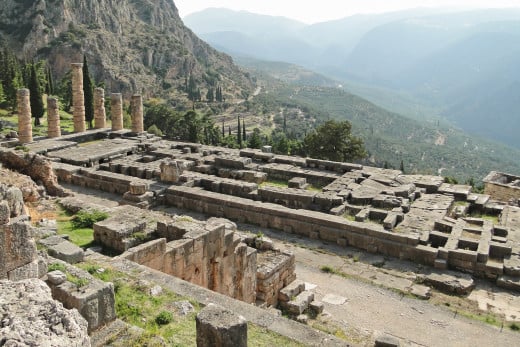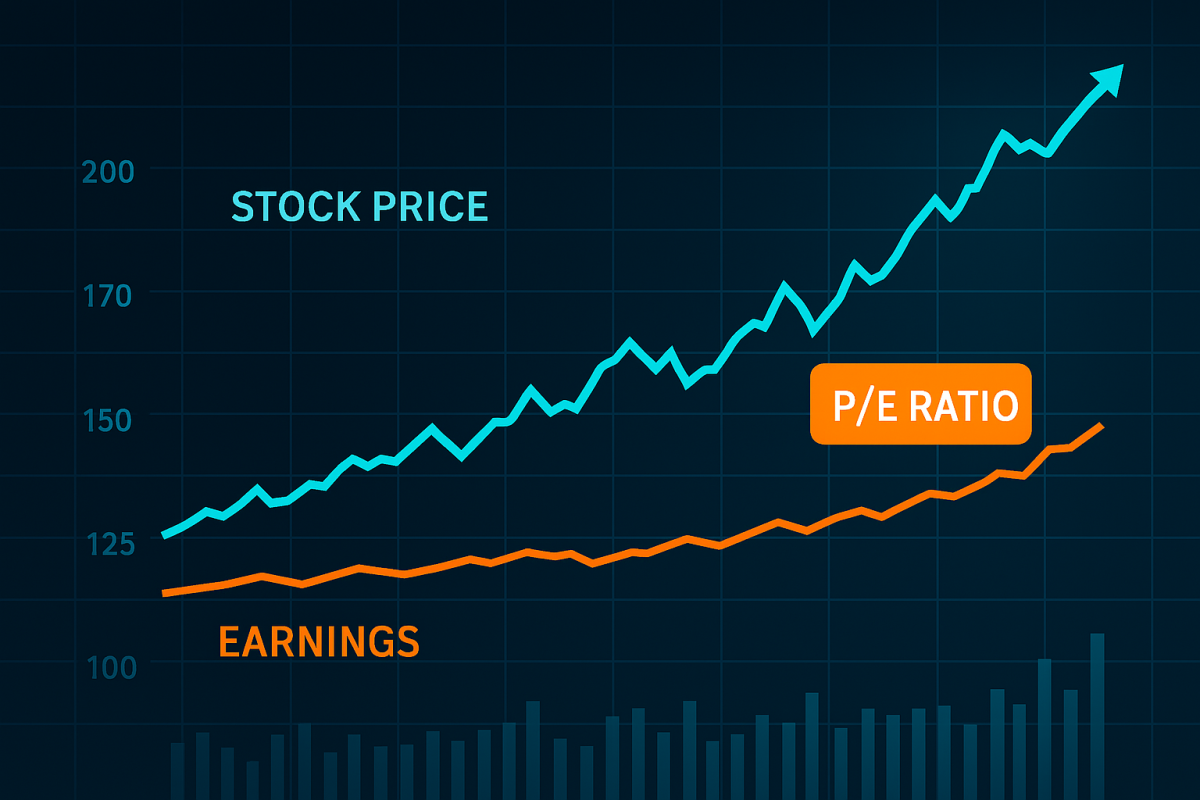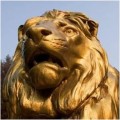Humanity is Inherently Limited
Our Evolutionary Limitations
As intimidating of a thought as it may be, it is undeniably true. We can never know everything. Our insatiable desire for knowledge will end in failure. Our unending quest to conquer existence will either simmer out or continue until we can no longer call ourselves human. Human consciousness did not evolve to allow us to understand all there is to understand. It only evolved to allow us to understand all we absolutely had to. It wasn't a gift from God or the gods. It was simply an animalistic adaptation.
But, of course, we have turned into quite the rebels against the laws of nature. We strive to expand our understanding of ourselves and the universe around us; not for the sake of competitive advantage, but for understanding's own sake. And, after so many centuries of this unrelenting quest for understanding, we've come to think it somehow possible to really know all there is to know. This is folly. Uninhibited folly. We are inherently limited. Our eyes aren't wired to see all there is to see. Our ears aren't wired to hear all there is to hear. Our noses aren't wired to smell all there is to smell. Our brains aren't wired to understand all there is to understand. We don't know what we don't know, and the limits of our biology ensure that.
Arrogance and Humility
We can pretend to understand. We can masquerade as enlightened beings. We can say things like "4.5 billion years" and "smaller than an atom" with feigned comprehension in our voices, but it is all a sham. Philosophy and science can take us however far they want however fast they want. Our monkey minds will still be exactly where they were ten thousand years ago.
We have, without a doubt, grown arrogant. One could even say that arrogance is the great plague of modern man. It pervades every part of us. Most of us think of ourselves as beyond all nature. Some of us think of ourselves as beyond all morality. I hope I don't have to be the one to tell you that this mindset is plainly ridiculous. We aren't gods. We're likely not the most intelligent beings in the universe. We may not even be the most intelligent in the galaxy. We are not programmed for unlimited understanding. We are programmed for simple hunter-gatherer lives, and we will be for tens of thousands more years if evolution continues uninterrupted. To think that our inherently limited mindsets can truly grasp and master the rest of reality is buffoonery. We do not know everything. One can even argue that we do not truly know anything.
Ancient Wisdom Revisited
We can see, then, why Socrates famously claimed to know only one thing, and that was that he knew nothing. It is impossible for any person to actually know what lies beyond - what the world really is behind the veil of the senses - but perhaps Socrates was wrong in uttering his famous paradox. There is one thing we may know, beyond all doubts, and that is that which Descartes declared. "Cogito ergo sum." I think, therefore I am. Or, in other words, we can know one thing, and one thing only, and that is that we exist. We cannot know anything except ourselves.
It seems the ancients may have been much wiser than we modern people would like to give them credit for. They were, of course, barely any different than us - less knowledgeable, yes, but ultimately just as wise. And thus, one of their greatest bits of wisdom stays just as strikingly relevant today as it was when it was first chiseled into the Temple of Apollo at Delphi. "Know thyself."









